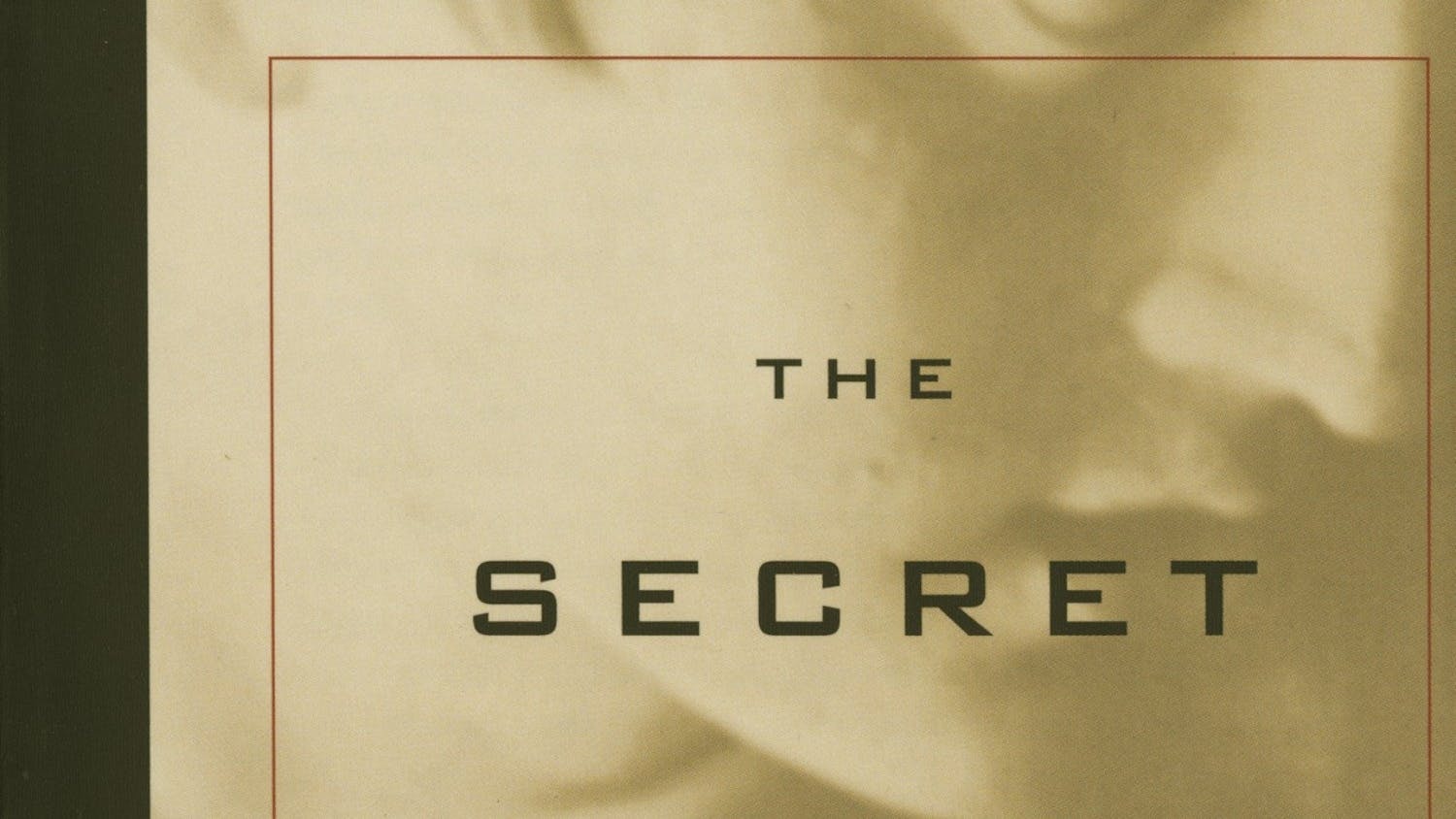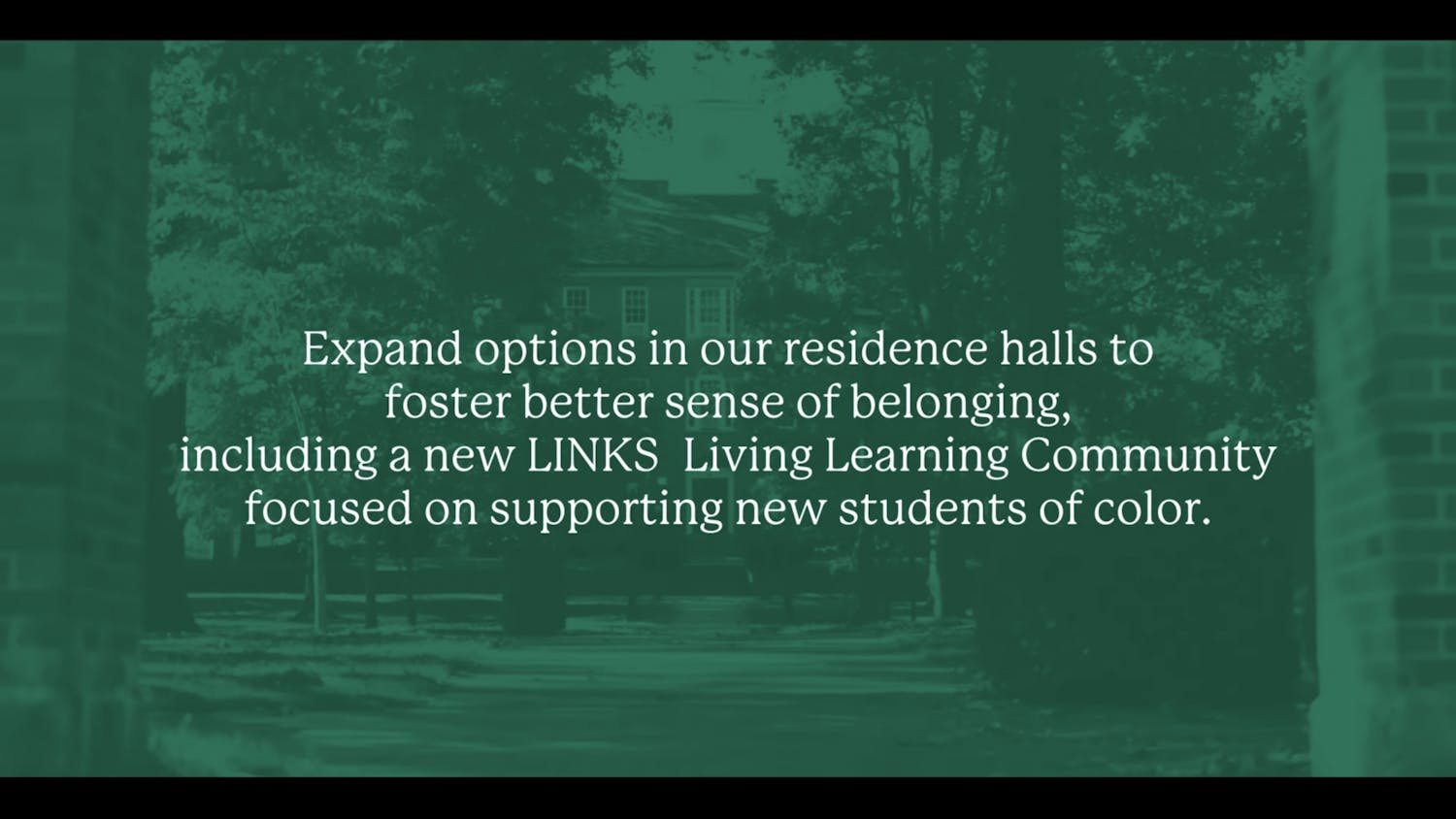The transition from summer to fall and then to winter carries with it an excitement for holiday festivities, but it’s also notorious for creating sentiments of loneliness.
This fear of being alone and not in a romantic relationship that manifests near the end of fall and throughout winter results in “cuffing season." Cuffing season is the time period when people who are single seek short-term relationships to get through cold months, according to Webster’s Dictionary. It lasts from the end of October until a little after Valentine’s Day.
Winter affects people psychologically and some more than others. According to the National Library of Medicine, people who develop a seasonal affective disorder, also called seasonal depression are affected by the change to shorter and darker days during the winter and experience common symptoms of depression such as a hard time waking up in the morning and decreasing energy levels.
The winter blues are a milder form of a seasonal disorder, according to the National Library of Medicine, and people experience similar symptoms to a lesser extent.
Psychiatrist Susan Albers said, for the Cleveland Clinic, that “dark, cold nights can trigger an intense feeling of loneliness and a drop in serotonin, and there may even be a significant link between cuffing season and seasonal affective disorder.”
George Boyadjian, a senior studying games and animation, and Sophia Alonge, a sophomore studying English literature, recently started dating and were close friends before they decided to form a romantic relationship. Alonge said, during cuffing season, it makes sense why people would want to be in relationships.
“I think a lot of it has to do with seasonal depression,” Alonge said. “I would feel really alone in winter as it would get colder because I was just kind of isolated. I can see why people would think it would be really nice to have a more stable relationship.”
COVID-19 has also had an impact on cuffing season and Exclusive Matchmaking said a Kinsey Institute survey of 2,000 Americans in 2021 found that “71% of people are more interested in long-term relationships now compared to before the pandemic started.”
People feel they’re ready for relationships at different times in their lives and cuffing season may trick people into believing they need to be romantically involved with another person. Boyadjian said it’s necessary to be comfortable being alone.
“It kind of goes into that same sentiment, date yourself,” Boyadjian said. “You always have to be growing and if one of you (in a relationship) is doing all the teaching and the other one is doing all of the growing, it doesn’t flourish.”
Albers also told the Cleveland Clinic that people who need to be in a relationship immediately and desperately often lower their standards and advised anyone who may find themselves quickly searching for a partner to thoroughly evaluate what they want in a relationship. Ginger Gilpen, a junior studying psychology, agreed and said people who are constantly looking for relationships don’t look for potential issues in a partner.
“I feel like a lot of people sacrifice things, whether that be their friends or their standards,” Gilpen said.
Those who want to find romantic relationships during winter and cuffing season may find someone who makes them feel fulfilled and to be in a healthy companionship with. Beginning a relationship in the colder months does not necessarily equate to lower standards or a poorer relationship. Alonge said there is a valuable foundation in being in a romantic relationship with someone who is also a close friend.
“I feel like you really have to be comfortable with yourself,” Alonge said. “For me, I’m just even closer with one of my best friends."






